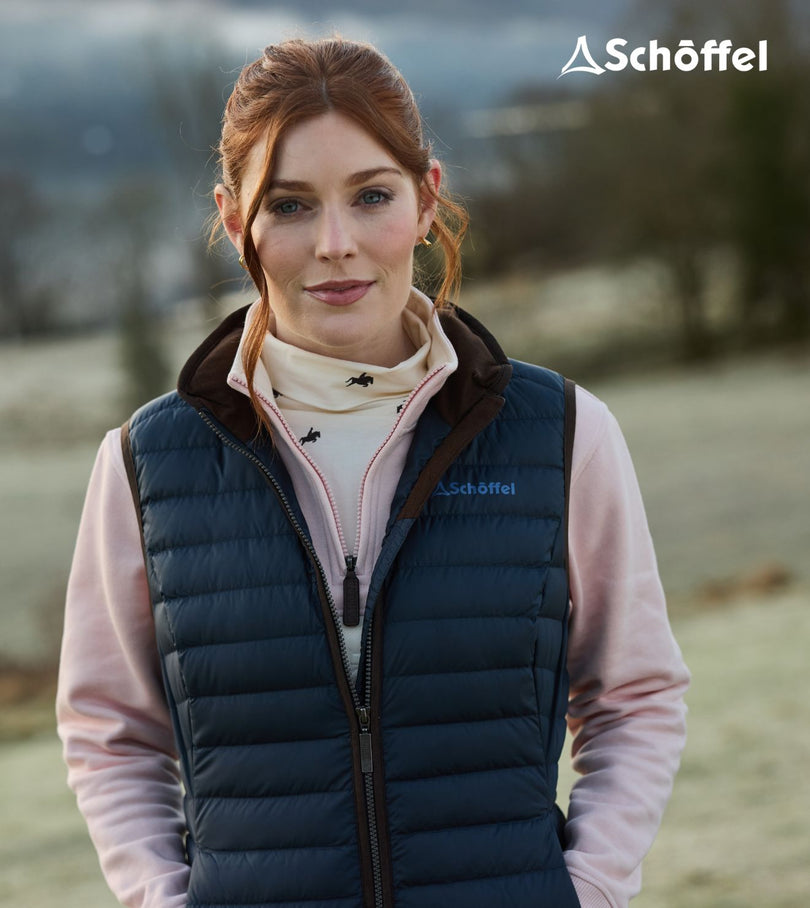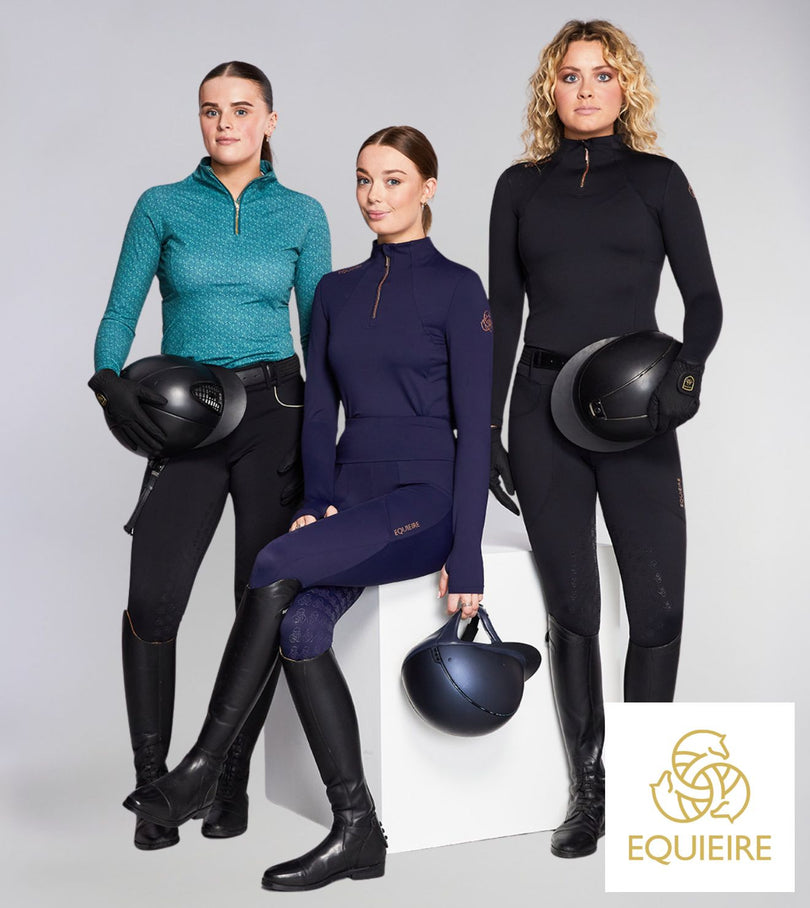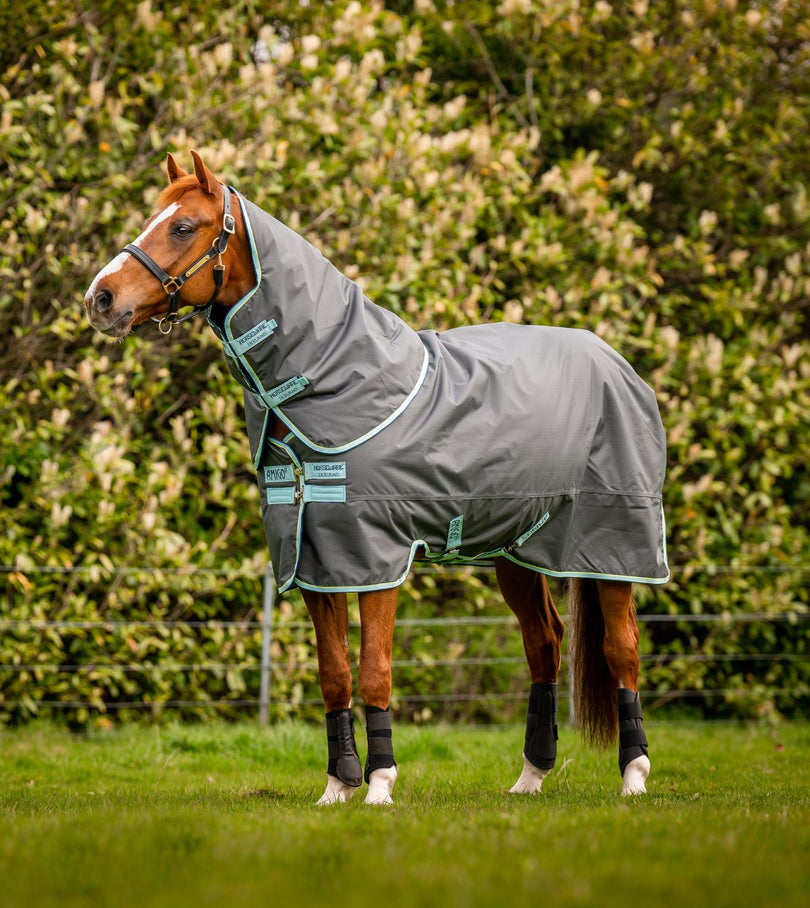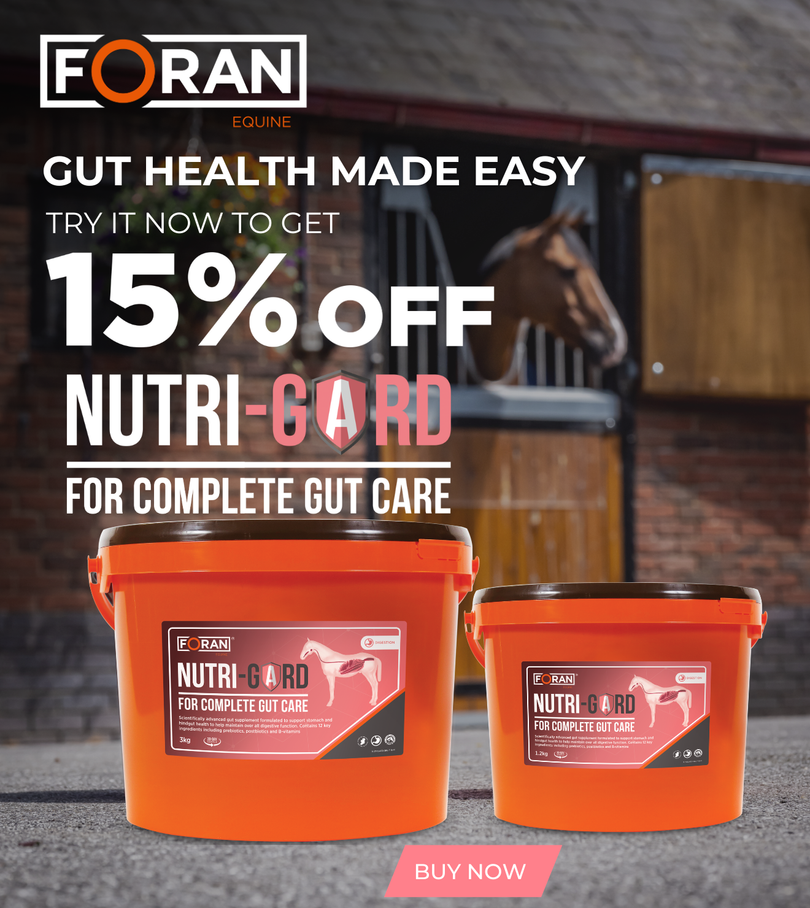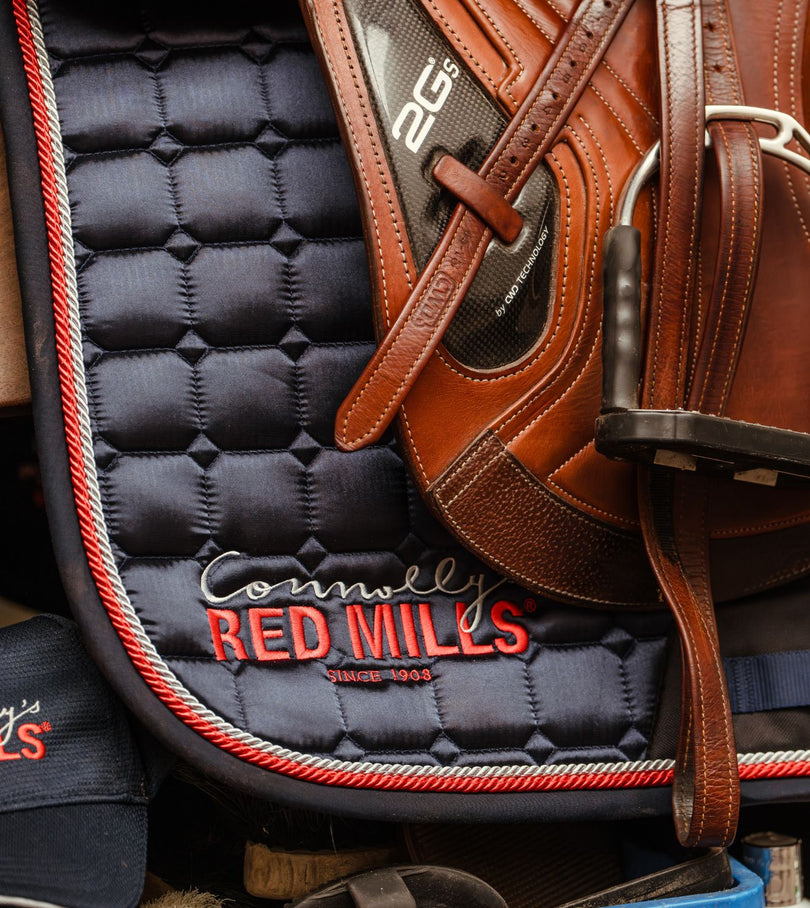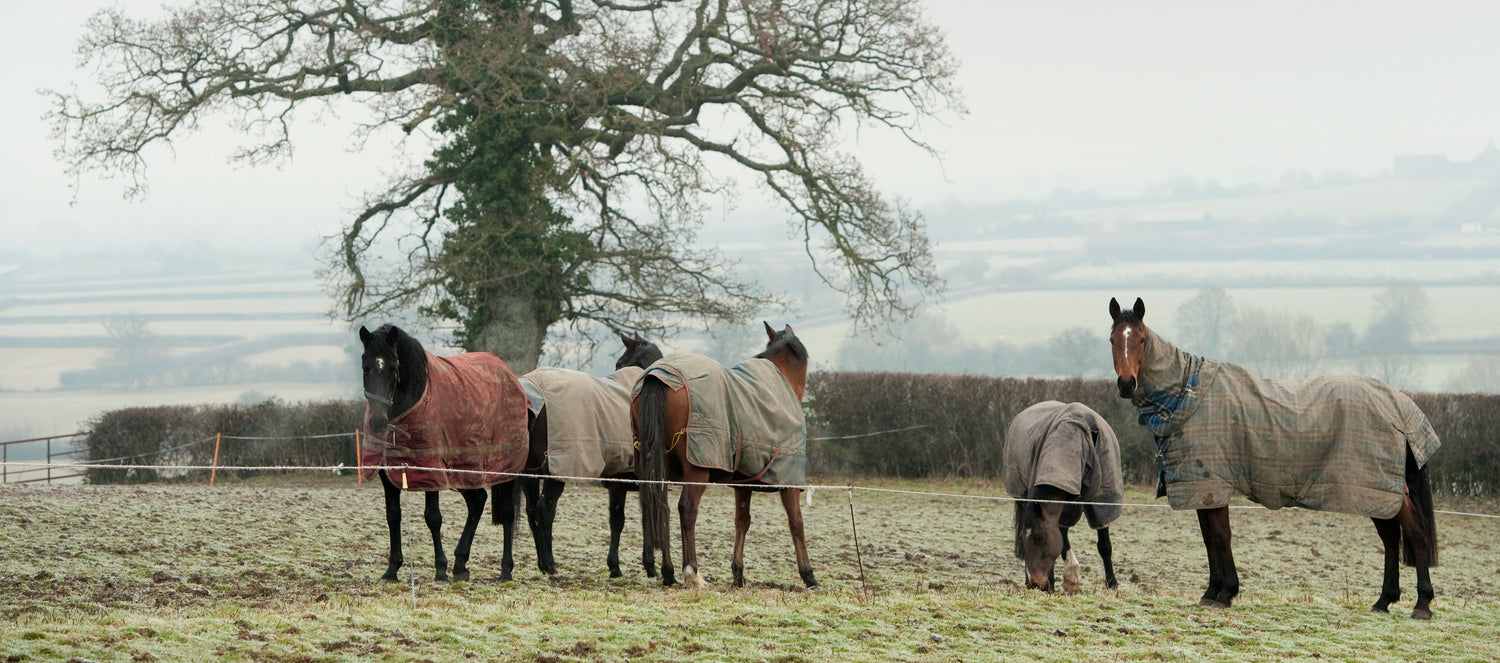Wintertime is usually associated with plenty of mud, looking for your horse in the dark after work and wondering where did that nice shiny coat of hair go?
If your horse looks a little dull in the wintertime it can be really helpful to add a little oil to their diet.
Pasture naturally contains around 2-3% oil; this oil is naturally higher in omega-3 than omega-6 fatty acids. When pasture is limited and the nutritional value drops, a horse on dried forages and grains will often end up with a diet higher in omega-6 fatty acids. To help address this an oil specifically blended to offer a high omega-3 intake such as Foran Equine Kentucky Karron Oil can be added to the horse’s feed. Recommended intakes are just 45mls per day for a 300-450kg horse, which won’t break the bank and is easily digested by the horse.
In winter, unless your horse receives the recommended levels of a suitable concentrate feed or multi-vitamin and mineral supplements, it is common for their diet to run a little short on the vitamins and minerals normally found in spring and summer pasture. Certain vitamins and minerals, such as copper, zinc and biotin, are important for coat health, so any deficiencies can result in your horse’s coat looking lacklustre.

If your horse is maintaining weight well on forage alone the easiest way to ensure they receive all the essential vitamins and minerals is to feed a balancer, such as Connolly’s RED MILLS PerformaCare Balancer, or a high specification multi-vitamin and mineral supplement such as Foran Equine Chevinal. Both can also be used to ‘top-up’ micronutrient intake if feeding less than the recommended amount of another hard feed. Providing your horse with a balanced diet over the colder, winter months will not only help to support coat condition, it will also aid immune function, hoof health and more.
If you’d like a little extra help getting that super shine, Carr & Day & Martin Dreamcoat®, as the name suggests, is formulated to give the ultimate show ring shine with a high gloss non-greasy, natural finish. Dreamcoat® does not leave a slippery residue and so can be applied to the saddle area and manes prior to plaiting. The fine mist spray leaves both the coat, mane and tail looking and feeling soft and sleek whilst at the same time highlighting muscle definition. Apply the fine Dreamcoat® mist onto a wet or dry coat and then wipe over with a cloth or brush to achieve an immaculate finish.
Carr & Day & Martin Canter Coatshine will also provide an instant and long-lasting sheen to condition your horse’s coat. Coatshine also helps to repel stable stains, grass stains, mud and dust to help ease the grooming routine and is also great for applying to quarter markers. Spray directly onto the coat or a cloth and brush over for an even finish. In the winter months you can also try adding it to a bucket of warm water for hot clothing.
If you would like to find out more on this topic, drop our nutritionists your questions.


